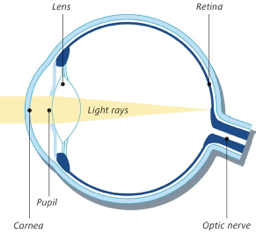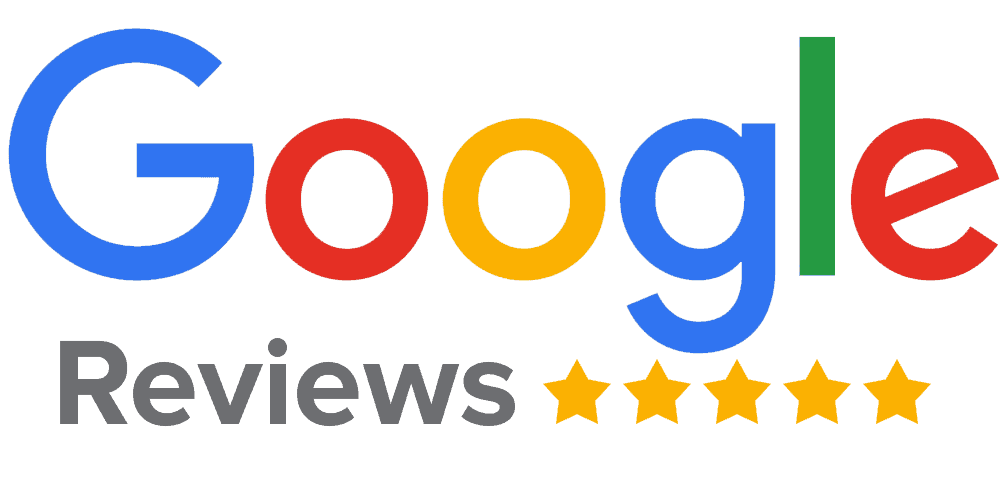The majority of our sensory information is provided by vision in normal circumstances so sight is usually regarded as our most highly prized sense. In the area of Ophthalmology we combine medical and surgical knowledge regarding the eyes and general health with the subject of optics and this is usually a recipe for a series of long, technical and often indecipherable words which can at best be confusing but are often incomprehensible! This section of the website aims to try to demystify some of these terms and hopefully explain the background to the procedures discussed on these pages.
Just over half of the UK population aged 40 – 69 years requires spectacles or contact lenses to see clearly with around quarter being myopic or short sighted and the frequency of hyperopia or long-sightedness increasing with age. As the crystalline lens within our eye hardens with age, presbyopia occurs whether or not we require correcting lenses to see clearly in our distance vision, so most people will require reading glasses at some stage in their life typically starting from their mid to late 40’s with an increasing requirement toward the 70s.
The eye works like a camera with the clear, transparent dome at the front of the eye called the cornea, providing the majority of the focussing power of the eye. The natural lens suspended within the eyeball provides the remaining, variable focussing power allowing us to change focus from far distance to close to without correcting lenses when we are young provided that we have normal vision. That light is focussed onto the retina, a thin membrane that lines the inside of the eyeball and this converts light into signals transmitted along the optic nerve to the brain. Here, these are decoded in the visual cortex into an image recognisable by ourselves.
Normal Vision

- The vision quality we enjoy is largely determined by the size and shape of our eyes.
- With normal vision, the eye’s dimensions are well-aligned.
- Light rays are focused directly on the retina to create a clear image.
- Around half of adults in the UK enjoy normal vision until the age they require reading glasses
Medical Disclaimer
This article is for information purposes only and should not be considered medical advice. If you or any other person has a medical concern, you should consult with your health care provider or seek other professional medical treatment. Never disregard professional medical advice or delay in seeking it because of something that you have read on this blog, website or in any linked materials.





